The millennial generation was born during the decade of the 1990s. The events of the era were revolutionary, although being cut from a different cloth than previous generations. Experts with knowledge of the period’s history contributed to the major events of 1991 in a professional capacity.
The internet was conceived as a means of providing an alternate communication channel during the Cold War. After the Soviets launched Sputnik into space, the Americans perceived it as a threat and wondered what would happen if the Soviets launched a missile to cripple long-distance communication, which was heavily reliant on telephone lines. J. C. R. Licklider of M.I.T. and Apra proposed a non-telephonic galactic network in 1962. The internet underwent numerous stages of development until the World Wide Web was born in 1991, a platform that houses content that can be accessed from any computer on the planet.
Michael Schumacher, a German racer, began his quest to be the greatest Formula One driver of all time on August 25. He debuted with Eddie Jordan’s team, owned by an Irish businessman. Due to technical issues, Schumacher was forced to retire after the first lap. He had piqued the interest of the Benetton racing team since that first race, and he signed a five-year contract with them. In 2006, at the age of 37, Schumacher announced his retirement from motorsport. With 91 victories, he holds the record for most Grand Prix racing victories in history.
Representatives from the 11 Soviet states convened in Alma-Ata, Kazakhstan, a few days before Christmas in 1991, and unanimously voted for the Soviet Union’s disintegration. During his six years as the Soviet president, Mikhail Gorbachev advocated and executed radical measures that were unpopular with the union states. On December 25, 1991, Mikhail resigned, profoundly disappointed by his country’s collapse. The Nobel Peace Prize went to Mikhail Gorbachev in 1990.
Continue reading to discover more about the events of 1991. (January 16, 1991) (February 14, 1991) (February 24, 1991) (March 03, 1991) (April 29, 1991) (May 15, 1991) (May 21, 1991) (June 12, 1991) (August 06, 1991) (August 08, 1991) (August 21, 1991) (August 23, 1991) (August 30, 1991) (September 03, 1991) (September 8, 1991) (September 9, 1991) (September 17, 1991) (September 19, 1991) (September 21, 1991) (October 14, 1991)
Event 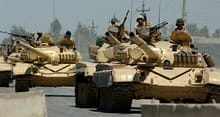
The Persian Gulf War began on this day in 1991, precipitated by Iraq's takeover of Kuwait in August 1990, with a US-led air offensive against Iraq that lasted until February 28, when a cease-fire was established.
photo source: wikimedia.org.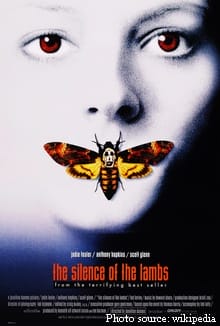
The psychological thriller The Silence of the Lambs was premiered in American theatres; it was widely considered as a classic and received five Academy Awards, including best picture, actor (Anthony Hopkins), actress (Jodie Foster), and director (Jonathan Demme). 
Ground operations by the United States began in the Persian Gulf Campaign more than a month after an air war against Iraq was launched to liberate Iraqi-occupied Kuwait. 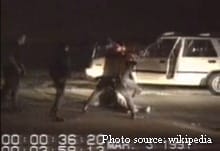
Los Angeles police officers viciously beat Rodney King, an African American motorist, after a high-speed automobile chase; despite a videotape of the attack, the officers were acquitted in 1992, resulting in widespread unrest in the city. 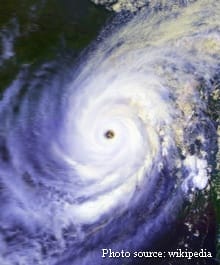
Bangladesh was hit by a tropical cyclone that killed an estimated 140,000 people and displaced ten million more. 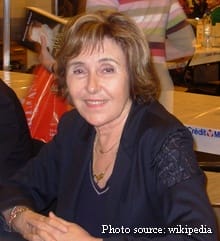
Edith Cresson of the Socialist Party became France's first female prime minister on this day in 1991, but she was forced to resign less than a year later due to soaring unemployment and dwindling support within her own party. 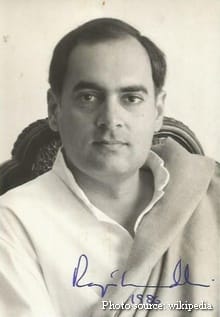
In a suicide bombing strike, Indian politician Rajiv Gandhi, who served as the country's prime minister from 1984 to 1989, was assassinated. 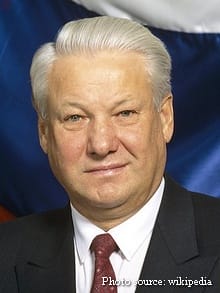
Boris Yeltsin was elected president of Russia (then part of the Soviet Union) in the republic's first direct, popular elections on this day in 1991, and he served as president until the year 2000. 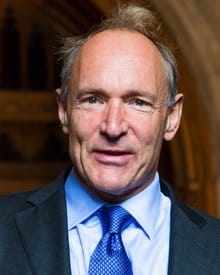
Tim Berners-Lee publishes files outlining his World Wide Web concept. WWW appears for the first time as a publicly available service on the Internet. 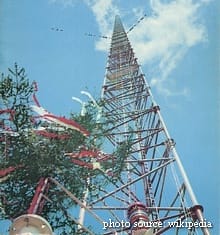
The Warsaw radio mast, which was once the highest structure ever erected, collapses. 
Latvia proclaimed independence from the Soviet Union in 1991. 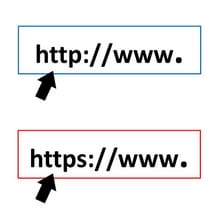
The World Wide Web is made publicly available.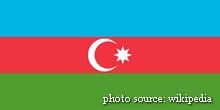
Azerbaijan proclaims independence from the Soviet Union. 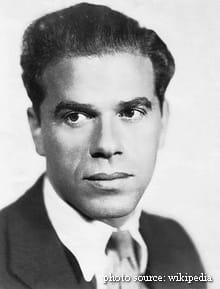
Frank Capra, the beloved American director best known for Mr. Smith Goes to Washington (1939) and It's a Wonderful Life (1946), died at the age of 94.
North Macedonia Independence Day.
Tajikistan Independence Day.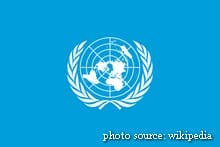
The United Nations is expanded to include Estonia, North Korea, South Korea, Latvia, Lithuania, the Marshall Islands, and Micronesia. 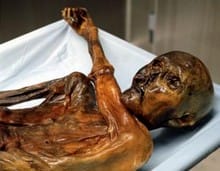
The body of the man known as Ötzi the Iceman was discovered in the Alps, near the boundary between Italy and Austria, and has been frozen in ice for 5,300 years.
photo source: wikimedia.org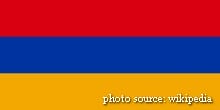
Armenia Independence Day.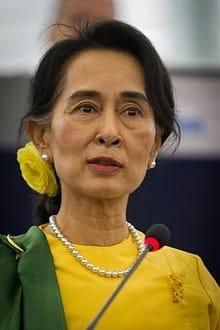
The Nobel Peace Prize is awarded to Burmese opposition leader Aung San Suu Kyi.
photo source: wikimedia.org





GIPHY App Key not set. Please check settings